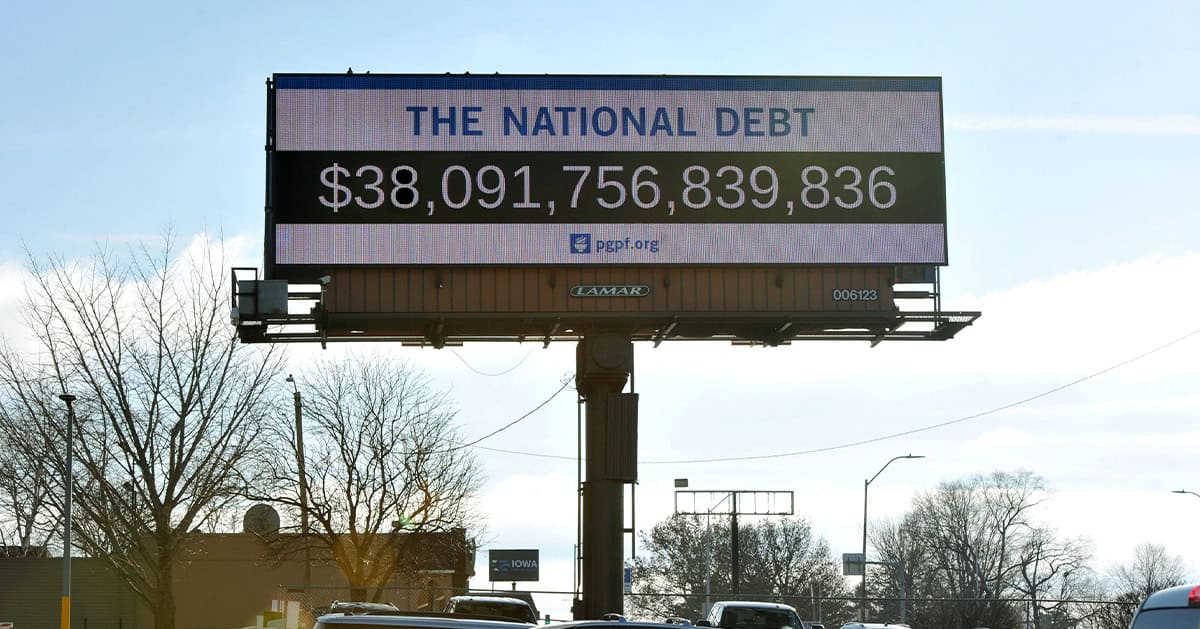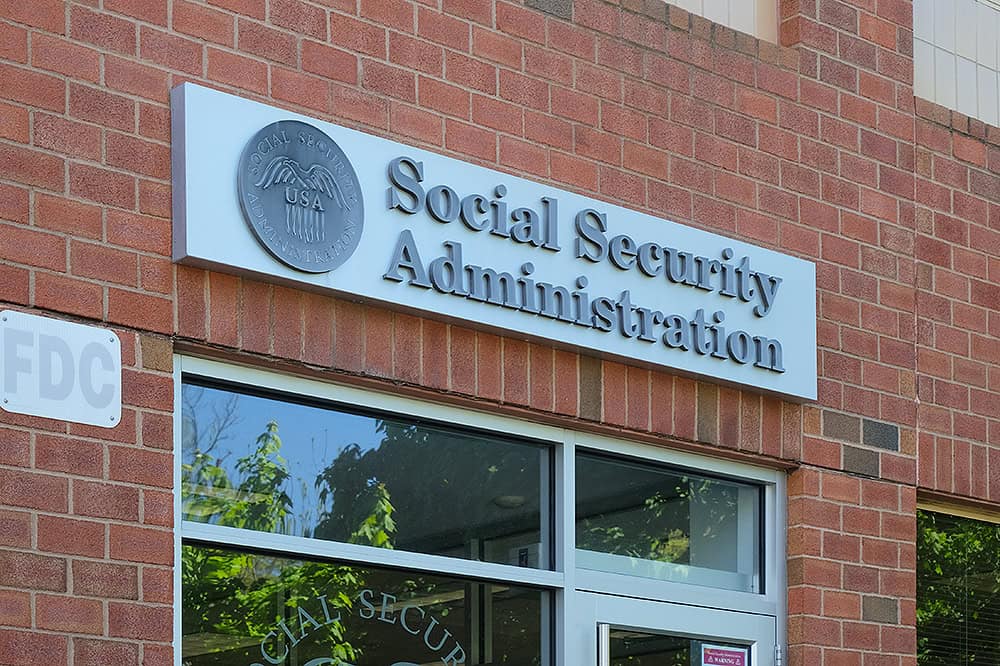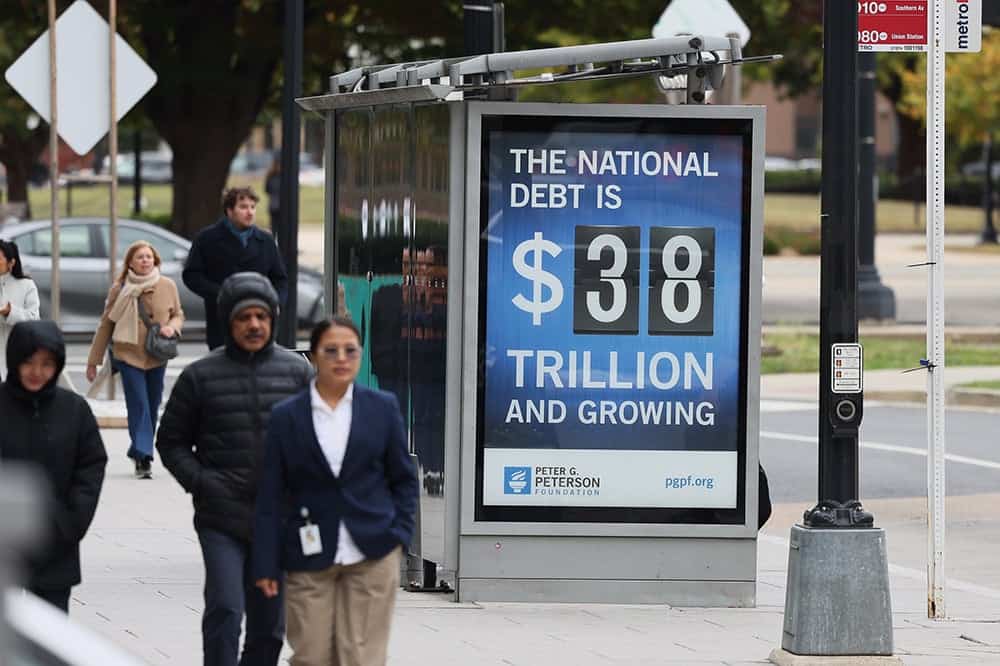New Battleground Poll: National Debt a Critical Issue for Swing State Voters
Across Seven Key States, More than 9-in-10 Want Candidates to Have a Plan for the Debt
Voters Want to Hear More about Plans to Address the Debt than Plans for Other Issues
New swing state polling reveals that 2024 voters overwhelmingly believe that the rising national debt is a critical campaign issue. More than 9-in-10 voters across seven key states — Arizona, Georgia, Michigan, Nevada, North Carolina, Pennsylvania and Wisconsin — say it’s important for candidates to have a plan for the debt, including 95% of Harris voters, 97% of Trump voters and 95% of undecided voters.
Additionally, 3-in-4 voters in these battleground states say they want candidates to talk more about the debt and their plans to address it – outpacing the percentages of voters who say the same for other election issues including immigration, abortion, climate change and foreign policy.
“The national debt is a critical campaign issue for voters in the decisive swing states,” said Michael A. Peterson, CEO of the nonpartisan Peterson Foundation. “Not only do these key voters overwhelmingly want to hear candidates put forward a plan, they connect America’s fiscal outlook to key economic priorities including reducing inflation, lowering interest rates, and protecting programs like Medicare and Social Security. With just a month until election day, it’s clear that the candidates should communicate their plans to address America’s $35 trillion and growing national debt.”
Additional findings from the new Peterson survey reveal voter sentiment about what they want from to see from presidential candidates, including:
- 88% of voters agree (87% Harris, 89% Trump) that the presidential candidates should prioritize addressing the national debt in order to combat high inflation, even if doing so means raising taxes and/or cutting spending.
- 95% of Harris and Trump voters agree that the candidates for President in 2024 should be asked what impact their tax plans will have on the national debt.
- The vast majority of voters don’t want tax cuts that add to debt.
- 74%, including 73% of Harris voters, 74% of Trump voters and 81% of undecideds, say they are more likely to support a candidate who promises not to add to the debt, even if it means allowing some tax cuts to expire or making spending cuts.
- Just 26% of voters would support a candidate who promises to cut taxes even if it adds to the national debt.
- Voters are more concerned about rising inflation over rising taxes (82% to 18%).
- Nearly all voters (96%) say it’s important for candidates to have a plan to prevent automatic cuts to Social Security, and there is strong support among Harris, Trump and undecided voters for a variety of reform options.
- Vice President Harris and former President Trump are virtually tied across these seven swing states, 47%–47%.
- See all of the topline results by state or by candidate and undecided.
On Monday, the nonpartisan Committee for a Responsible Federal Budget published an analysis of both Presidential candidates’ proposals, including an estimate that, through 2035, Vice President Harris’s plan would increase the debt by $3.5 trillion and former President Trump’s plan would increase the debt by $7.5 trillion.
This poll was jointly conducted by Democratic firm Global Strategy Group and Republican firm North Star Opinion Research from September 23 through September 29, 2024. In total, 2,828 registered voters were surveyed across the seven swing states, and the margin of error is +/− 1.8%. In each of the seven states, at least 400 registered voters were surveyed.
###
ABOUT THE PETER G. PETERSON FOUNDATION
The Peter G. Peterson Foundation is a nonprofit, nonpartisan organization that is dedicated to increasing public awareness of the nature and urgency of key fiscal challenges threatening America's future, and to accelerating action on them. To address these challenges successfully, we work to bring Americans together to find and implement sensible, long-term solutions that transcend age, party lines and ideological divides in order to achieve real results. To learn more, please visit www.pgpf.org.
Battleground Poll: Topline Results by State
This poll was jointly conducted by Democratic firm Global Strategy Group and Republican firm North Star Opinion Research from September 23 through September 29, 2024.
Further Reading
Top 10 Reasons Why the National Debt Matters
At $38 trillion and rising, the national debt threatens America’s economic future. Here are the top ten reasons why the national debt matters.
Lawmakers are Running Out of Time to Fix Social Security
Without reform, Social Security could be depleted as early as 2032, with automatic cuts for beneficiaries.
What Is the National Debt Costing Us?
Programs that millions of Americans depend on and care about may be feeling a squeeze from interest costs on our high and rising national debt.


